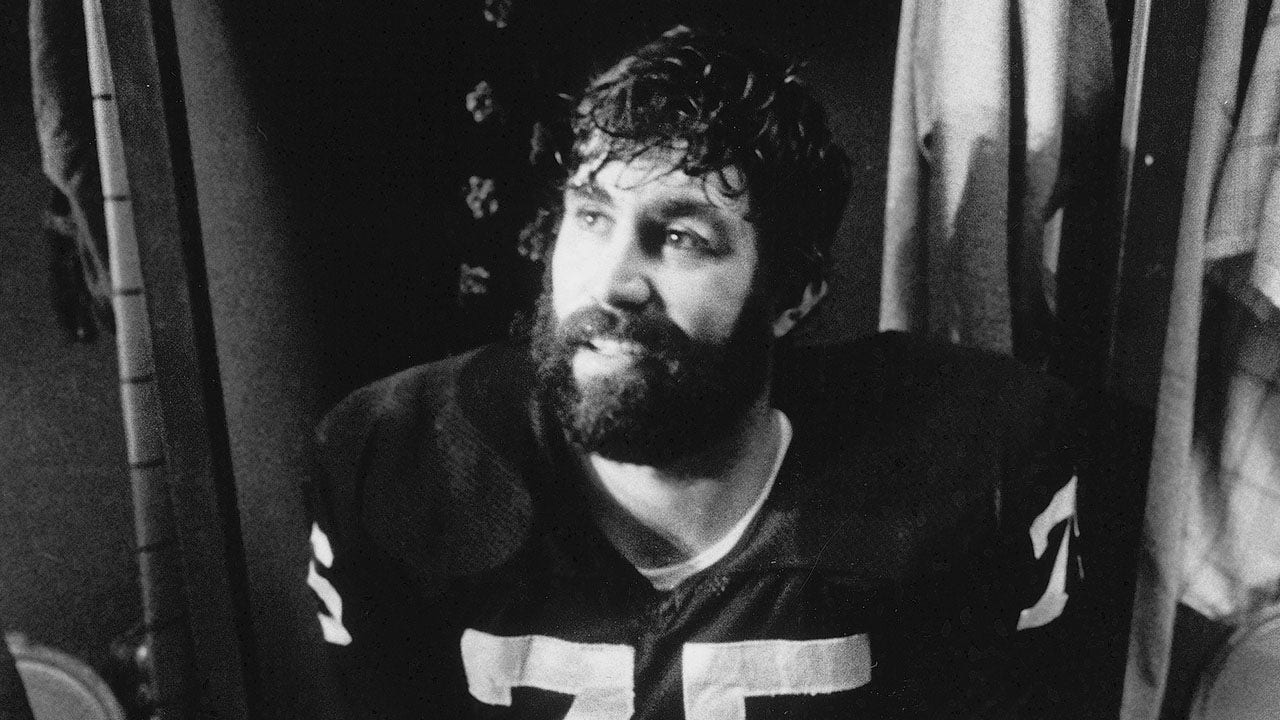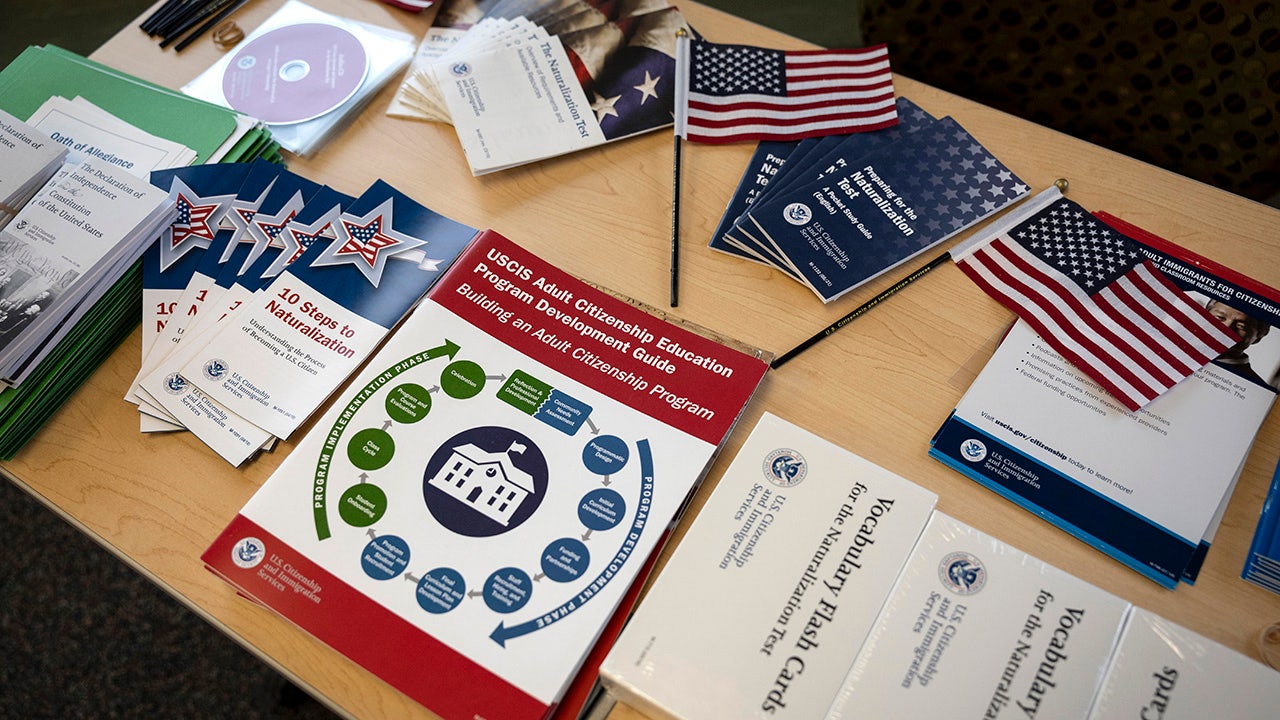College admissions decisions are pushing kids off the deep end.
Of the 1.2 million kids who applied to college this year, many of them won’t get into their dream school, which will be a huge gut-punch from admissions officers they will never meet, analyzing factors beyond their control.
As results come out, we have to remind them of something that seems far less obvious when you’re seventeen: the college you go to does not define you, even if 76% of high schoolers say that the college admissions process is a life-defining event.
Admissions has morphed into a torturous, all-consuming years-long process that can leave any kid feeling like an abject failure in spite of their accomplishments. “College rejection depression” has its own corner of the internet.
Things have become so bad, sources have told The Post instances of self-harm and even suicide have been linked to college decisions at elite prep schools. Social media is also awash with theories linking student deaths to admissions.
For the sake of youth mental health, we have to instill in young people that life is worth living, even at your backup school.
Dr. Dee Apple, a clinical psychologist in Princeton, New Jersey, who served as the Director of Counseling at The Lawrenceville School for more than two decades, described college decision season as “a time where the tension on campus among seniors was palpable.”
“For people who are already vulnerable, meaning they have a tendency to depression or anxiety or self-esteem problems, or even come from very intense family situations… those kids can end up in an unhealthy situation,” Apple told The Post.
He’s right. As a graduate of Lawrenceville — a prep school that sends more than a third of its graduates to the Ivy League — I remember the contagious anxiety of friends crumbling under the pressure.
You couldn’t get through a conversation without a question about where you’re applying or which Common App essay prompt you chose.
“I assumed it would be parents and teachers pressuring students who didn’t really care,” a calculus teacher at a public school in Seattle observed. “It’s actually the exact opposite: Teachers are telling these kids to slow down and not worry so much, and the kids are the ones who drive each other crazy.”
Opening a deferral letter from my dream school, Columbia University, felt like the end of the world. But I wish I could tell my teenage self that, now — just seven years later — that couldn’t be further from the truth.
Virtually nobody asks me where I went to school, and my accomplishments since speak more for me than just a diploma would.
And I’m not the only one who regrets how much self-worth I placed in college admissions.
Shivam Gandhi, 26, is getting his PhD in systems biology at Harvard, after previously studying at Brown. But he was devastated when his dream school, MIT, rejected him as a teen, especially because he felt his family was “comparing him to other kids” in their immigrant community.
“The college admissions process turned me into somebody that I really deep down am not,” Gandhi, told The Post. “With my parents always saying, ‘Oh look at what he’s doing, maybe you’re not as smart as him,’ I ended up developing a ton of anxiety.”
Dr. Apple says parental college pressure can diminish kids’ self-worth.
His advice to parents is: “You might want to look in the mirror and ask, ‘Why am I doing this? Is this going to make my son happier? Is this going to make my daughter more well-rounded? Am I pushing them into a place of some vulnerability mental health wise?’”
Kids and parents alike need to accept a hard truth: pinning their value on an acceptance letter is a losing battle, especially at elite schools, where competition is getting ever-steeper.
Take Harvard for example. They admitted 2,195 students into the class of 1982, which is more than the 1,937 admitted for 2028. Meanwhile, in that time, the population of the United States grew by about 100 million, and international students gobble up a far larger percentage of admissions offers than they used to.
This means teens practically need to start a charity or cure a rare disease to make the cut. And even a kid who does manage to reinvent the wheel before they’re old enough to drive a car might find a rejection letter in their hands.
There simply aren’t enough spots. Is it any wonder kids are cracking?
One anonymous Manhattan mom told me her son, who is now at Boston College, was a “mess” during the admissions process. She spent $40,000 on a college admissions counselor and $10,000 on tutors.
“At one point [he screamed] at me ‘why haven’t you done anything,’” she told me. “I replied that I got him an advisor and a tutor. He hollered back ‘Why haven’t you done anything to change the college admissions process?’”
Clearly, we need to instill some faith in our kids that everything is going to be alright. In retrospect Gandhi says that MIT’s rejection was a blessing in disguise.
“I’m really glad that they rejected me,” he said. “At Brown, I was able to date, to spend time with friends, and to actually invest more in the emotional side of my life [than I would have been able to at MIT.]”
Some advice he wishes he could give his younger self: “Your trajectory doesn’t stop here. If you work hard in your undergrad, you can still get to where you want to go. The smartest people I’ve met at Harvard went to colleges I’ve never heard of.”
We need to remind kids that they can’t control whether the admissions person at their dream school is going to be having a bad day when they come across their application.
Whether it’s divine intervention or the universe or mere coincidence, wherever they end up will be just fine.
But, most important of all, we need to help give teens some perspective. It might not feel true when you’re a senior in high school, but you absolutely are so much more than the school you go to.
Read the full article here















